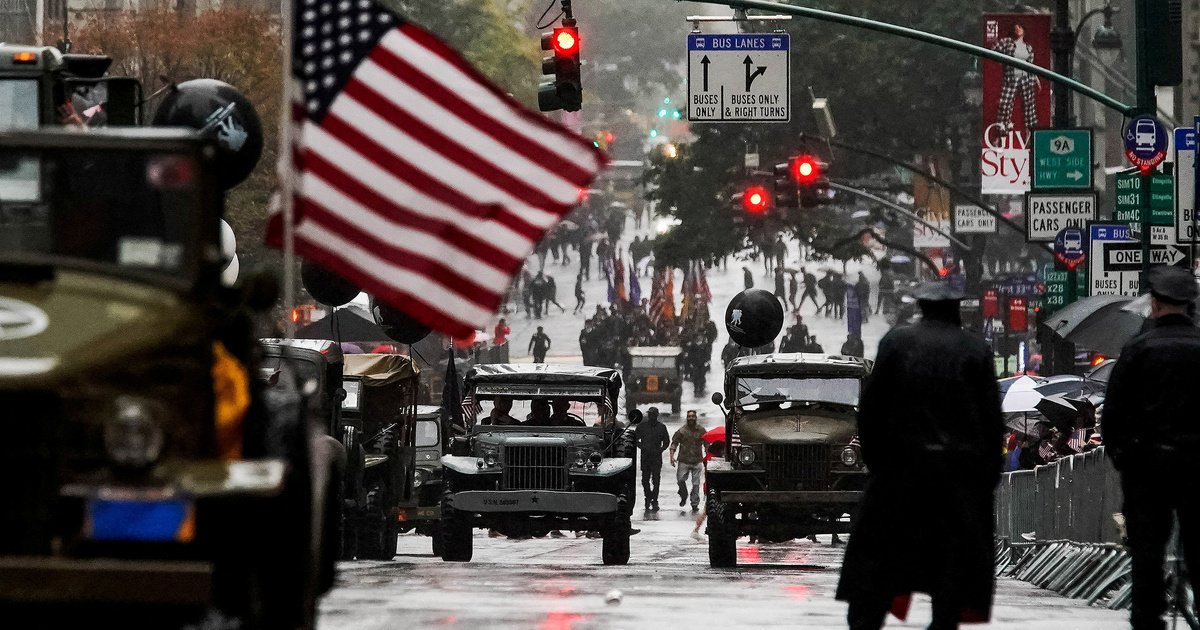Thought Experiment
Inside the U.S. military's battle with white supremacy and far-right extremism
The armed forces offers much to its members. But what happens when some in the ranks betray their oath?
Hiding in plain sight.Alicia Tatone / for NBC News
May 25, 2019, 8:32 AM EDT
By Jeff McCausland
To understand the current problem, it’s helpful to examine the history of the relationship between the U.S. military and extremism — especially white supremacy.
This is a critical question, and one that concerns both active duty military members and veterans. But to understand the current problem, it’s helpful to examine the history of the relationship between the U.S. military and extremism — especially white supremacy. Historically, the American military has not wanted extremists in its ranks, but it has failed to establish a comprehensive way to screen them out. And surveys show that soldiers themselves are noticing significant extremist thinking among their peers.
Thus, this is not a new problem but rather a long-simmering one that now, for various reasons, may be starting to boil.
Radicalization of the kind displayed by Hasson often
depends on several factors: background, beliefs, experiences and peer networks. In this regard, it is important to note that Army and Marine Corps recruits are disproportionately
drawn from the southeast and northwest, regions that have experienced significant growth in extreme far-right groups. Furthermore,
a 1998 Department of Defense study found that adult leaders of far-right extremist groups encouraged young men and women to enlist in the military to gain access to weapons, military training and other personnel prior to returning to civilian life.
Opinion | Enemies foreign and domestic: Inside the U.S. military's white supremacy problem
thanx for playing.

